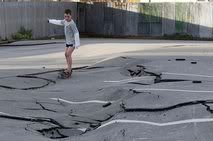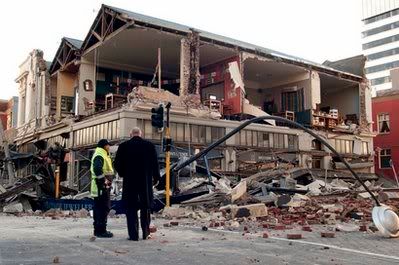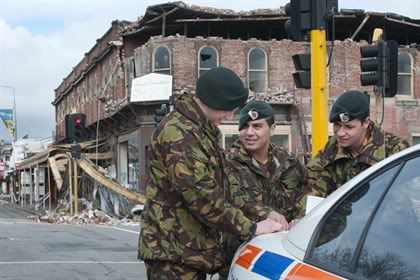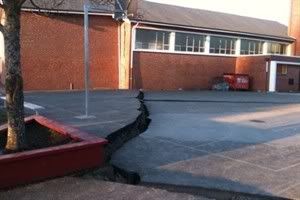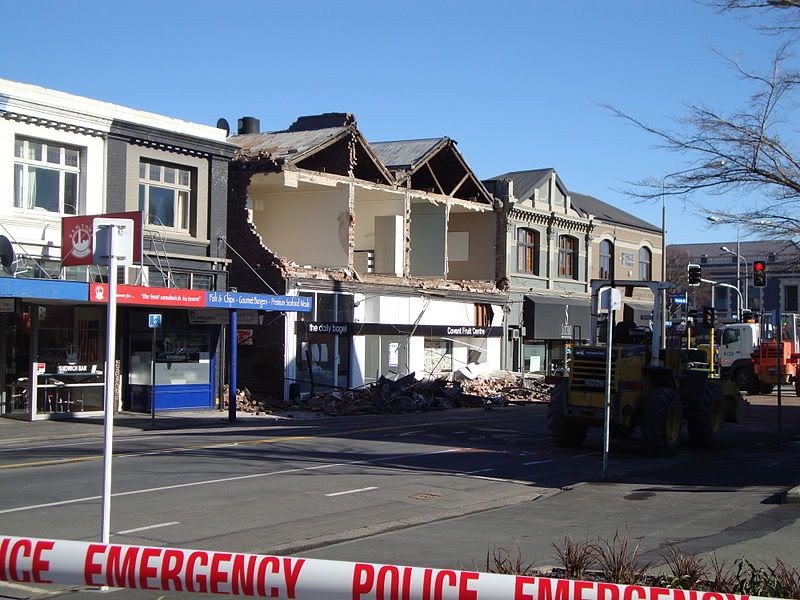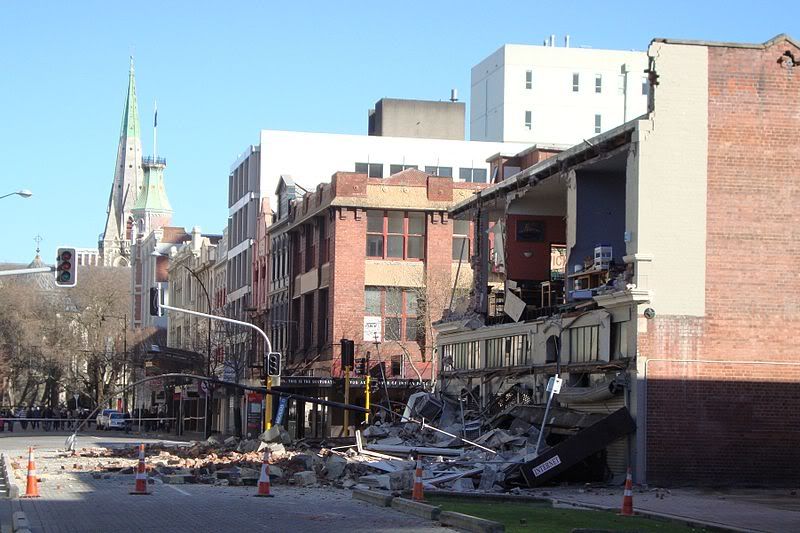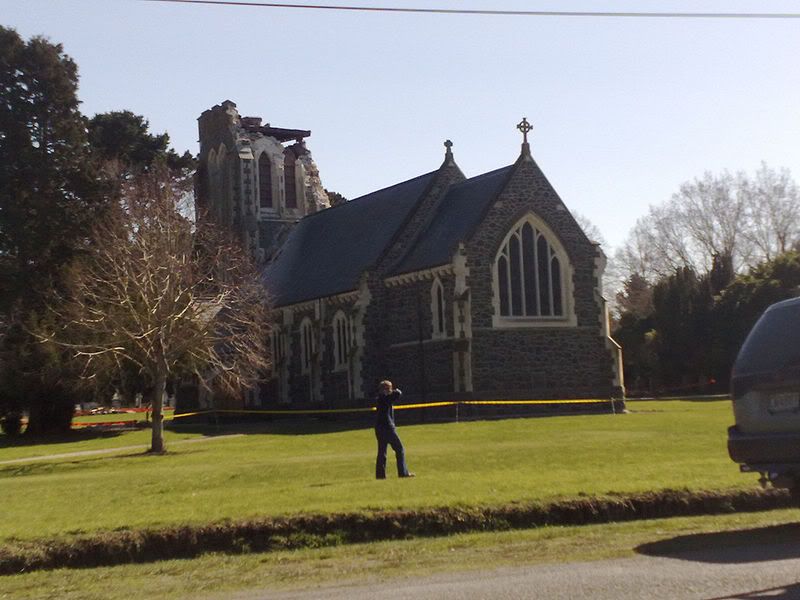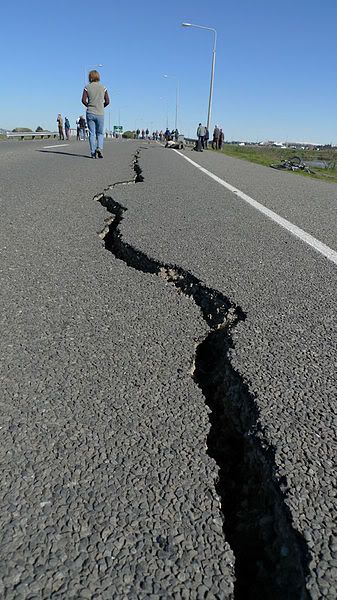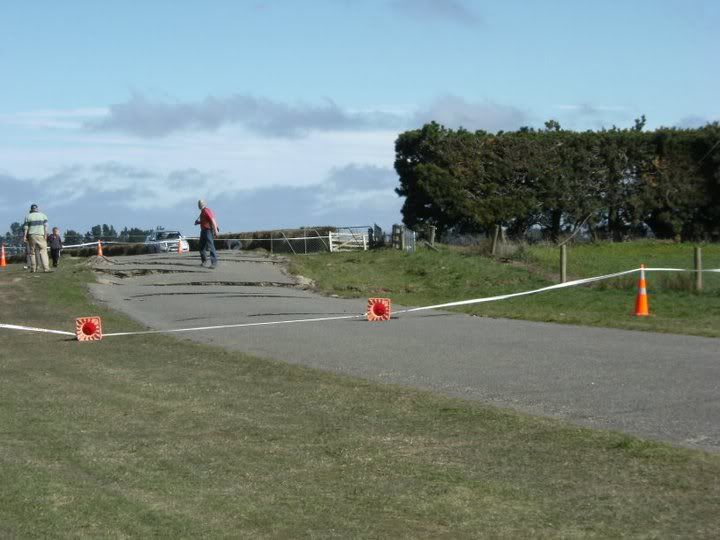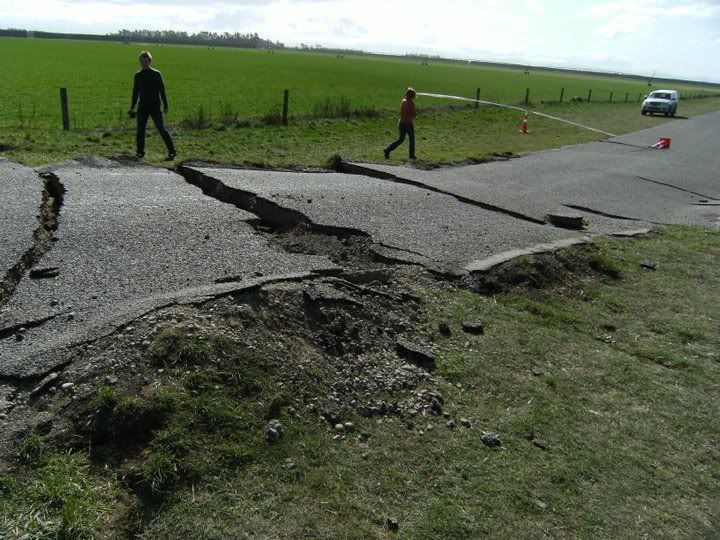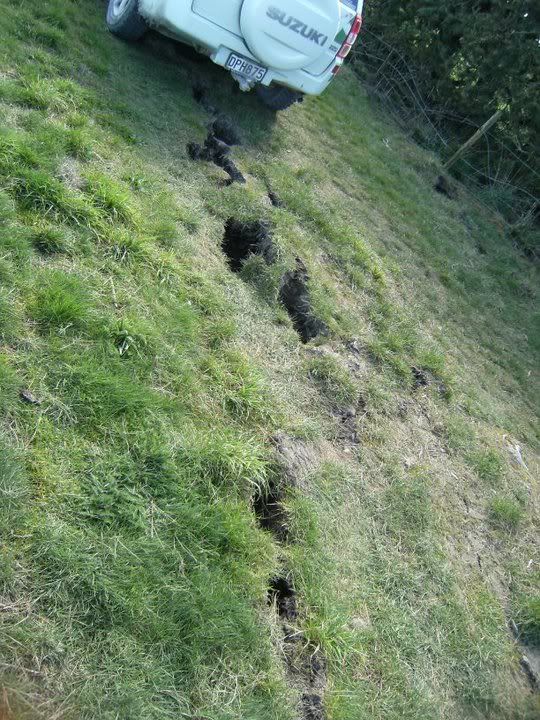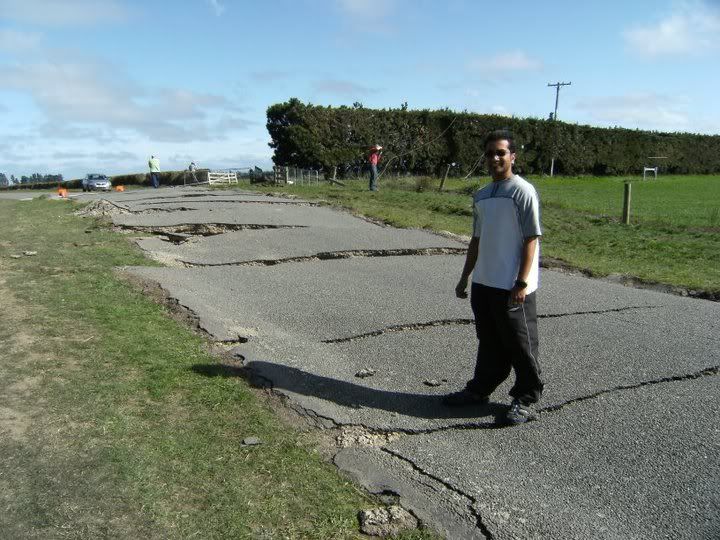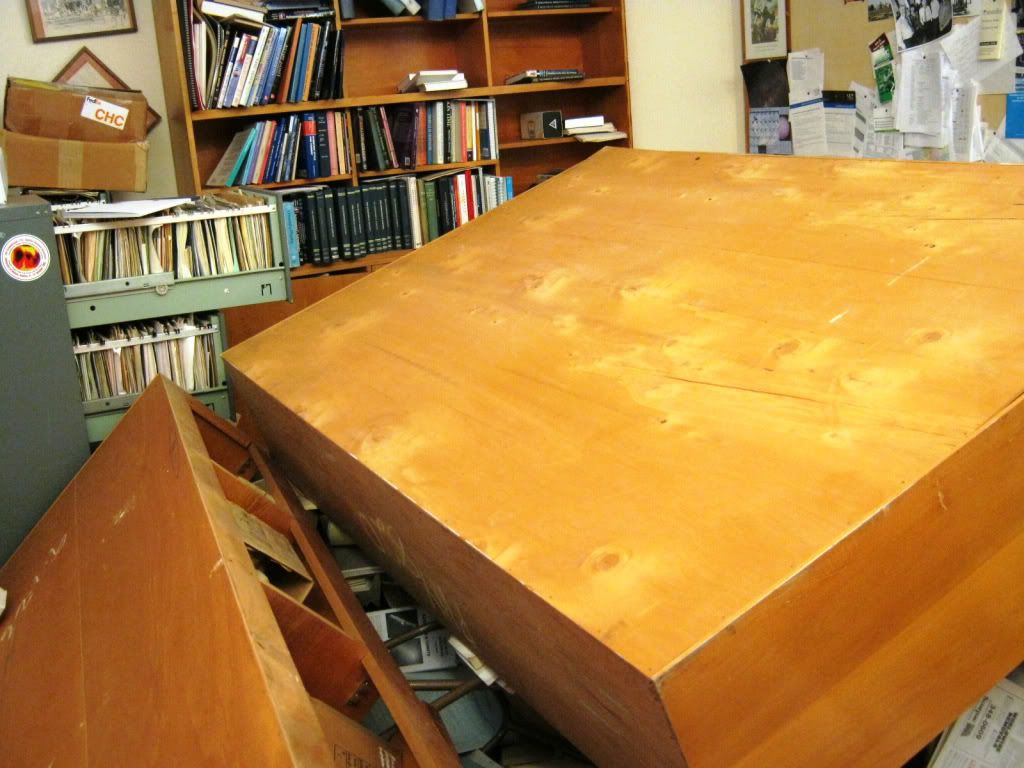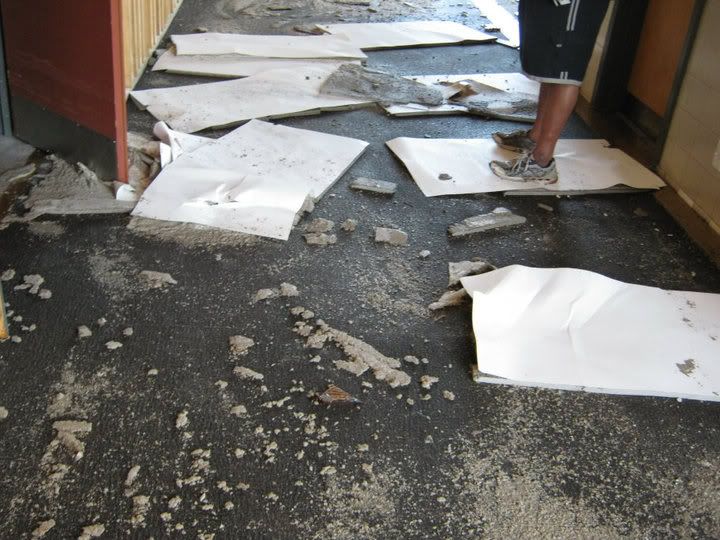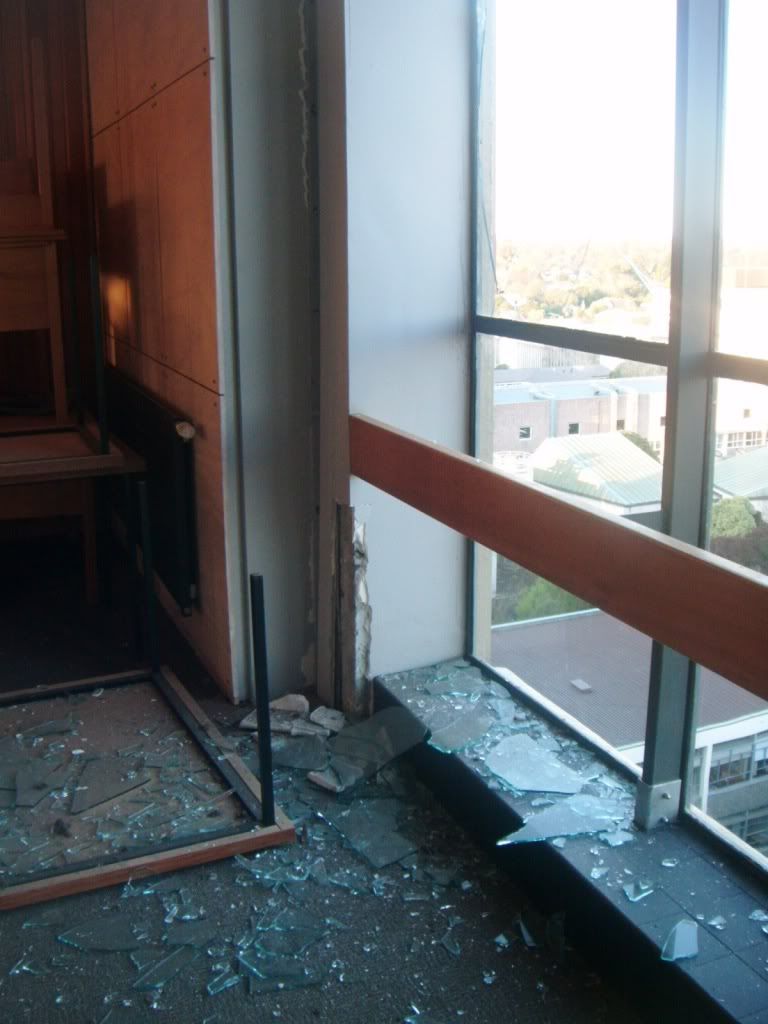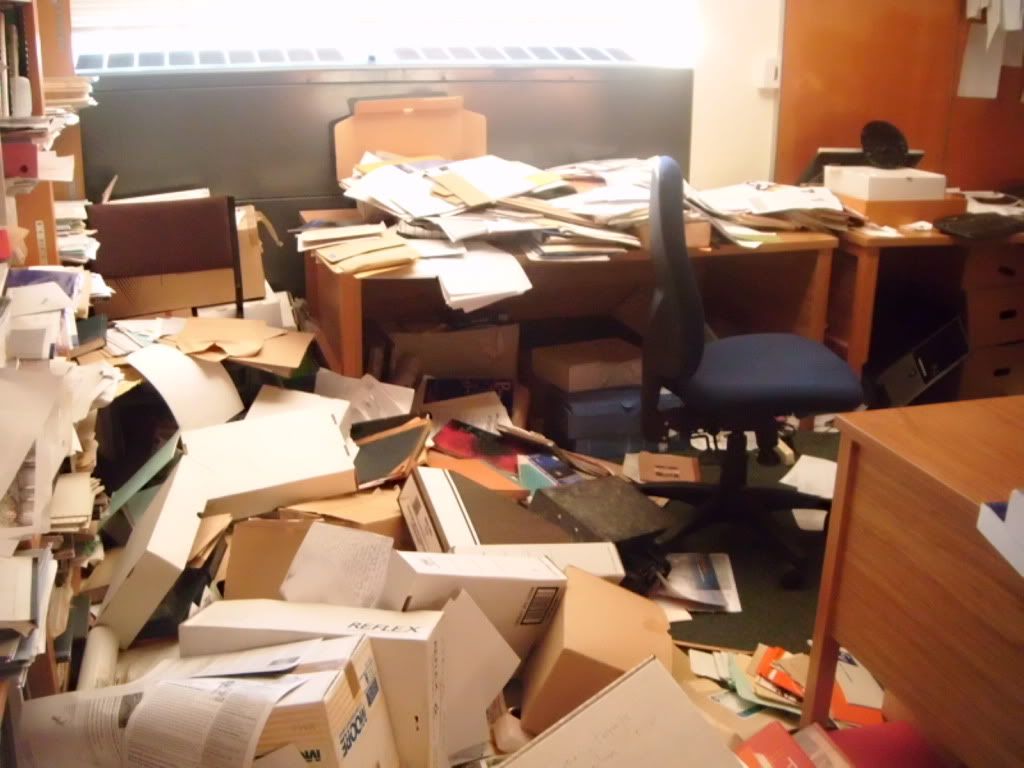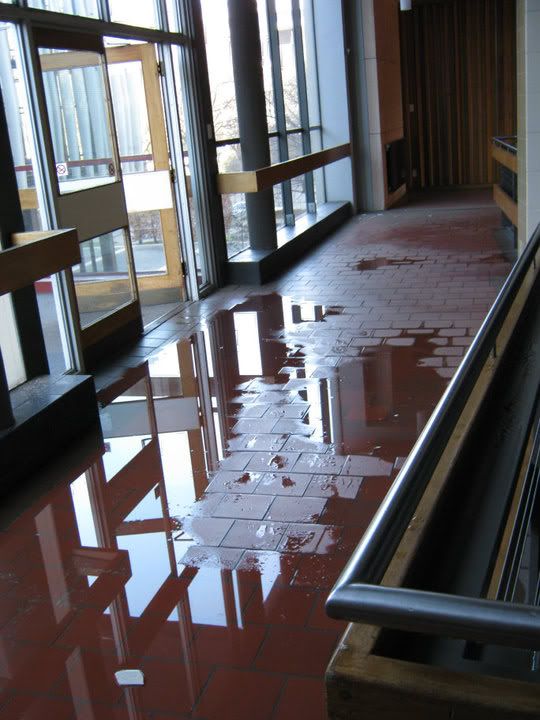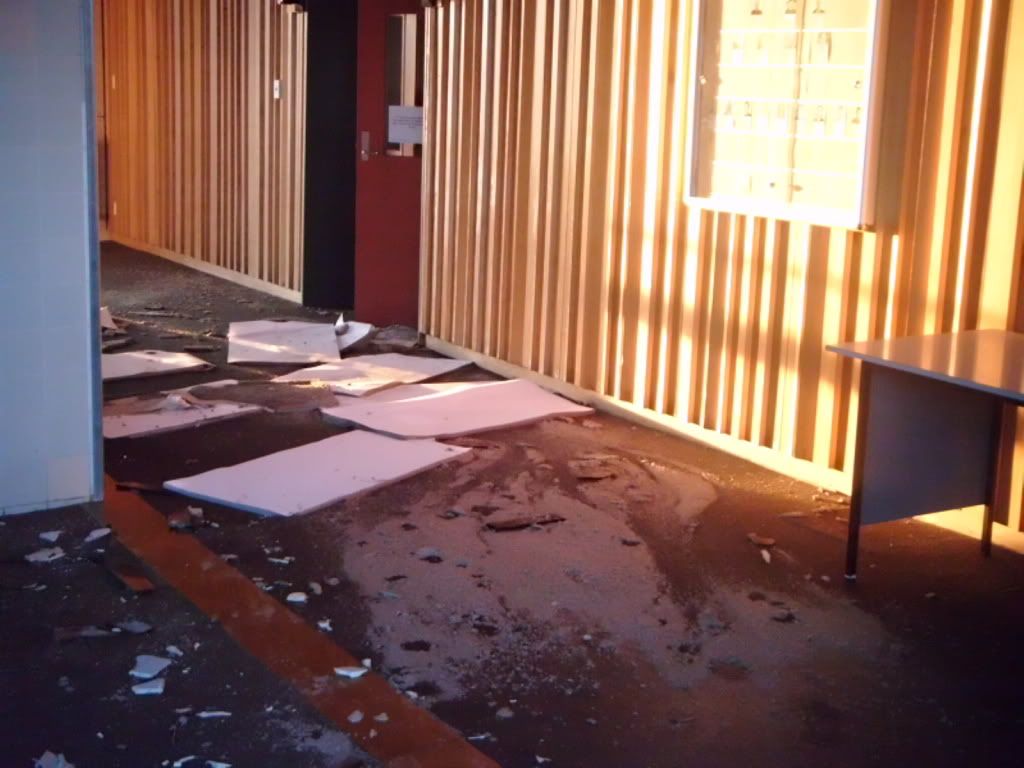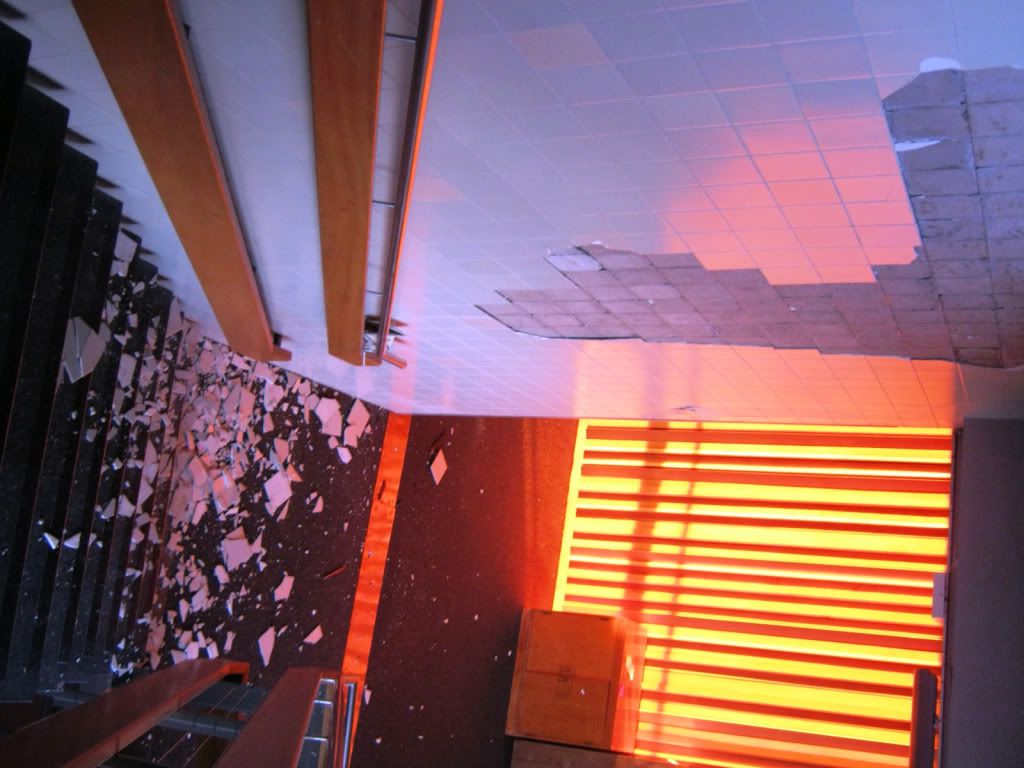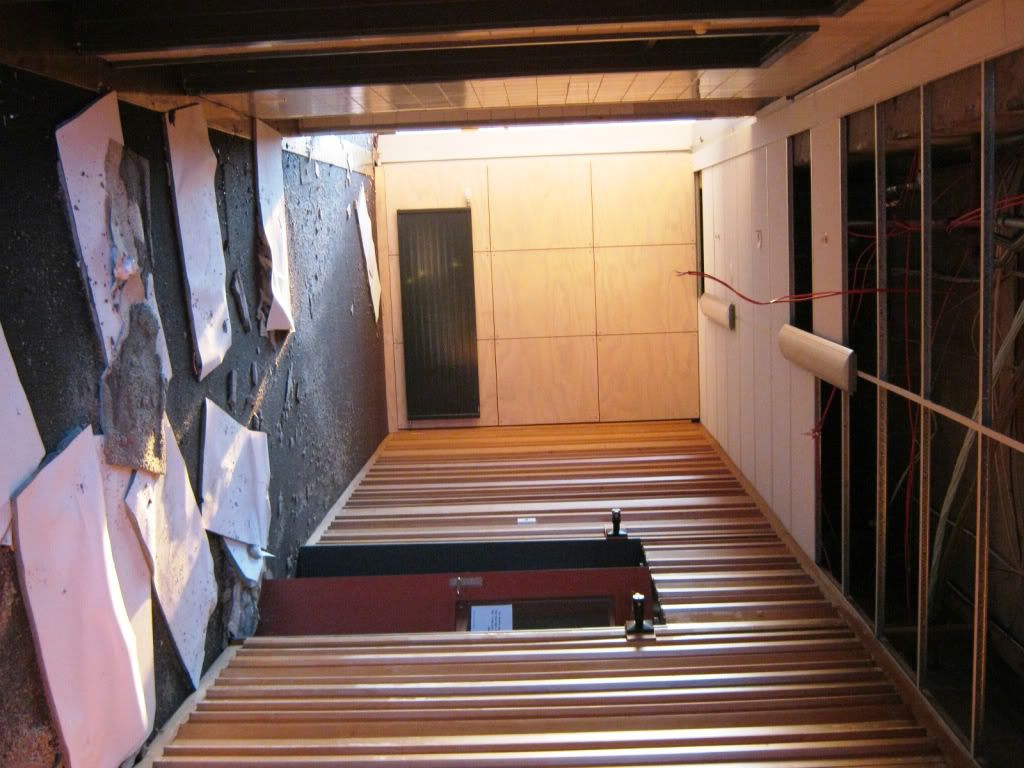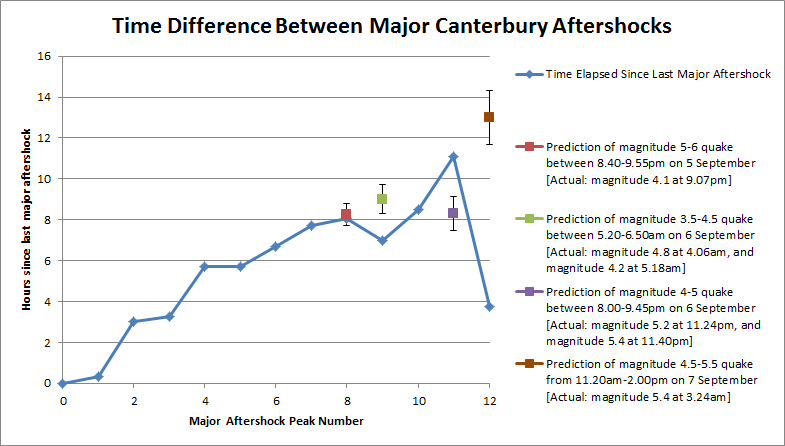Tani Coyote
Son of Huehuecoyotl
- Joined
- May 28, 2007
- Messages
- 15,195
It is good to see that there is no loss of life and the damage is rather small, for such a quake.
According to wiki, there were two serious injuries and one person died of a heart attack, so there was a fatality, if only one.
Some more updates:
http://www.bbc.co.uk/news/world-asia-pacific-11187166
An overnight curfew has been imposed in Christchurch, New Zealand, following a powerful 7.0-magnitude earthquake.
Police said the curfew was intended to protect people from falling debris, as the quake caused significant damage.
The mayor of the city, Bob Parker, described the scale of the damage as immense, and a state of emergency has been declared.
There have been strong aftershocks, and weather forecasters say gale force winds are expected within 24 hours.
The quake caused considerable infrastructure damage, but local officials say power has been largely restored and tankers will supply water.
There are thousands of earthquakes in New Zealand every year, but very few do any damage.
'Unsafe'
The earthquake struck off New Zealand's South Island, the US Geological Survey has said, in the early hours of the morning when most people were asleep.
The epicentre was 44km (27 miles) west of Christchurch, at a depth of about 5km, the USGS said.
Two men were seriously injured by falling masonry and glass, but there have been no reports of fatalities.
"The damages are incredibly frightening. The only thing you can say it's a miracle that no-one lost their life," Prime Minister John Key told TV NZ.
Many homeowners faced a cold winter's night and leaking or damaged homes. Hours after the quake, one building in the Christchurch city centre burst into flames, following a suspected gas leak.
Christchurch Mayor Bob Parker said the "sharp, vicious earthquake" had caused significant damage in parts of the city.
He said daylight showed that the damage was considerably worse than first thought.
"There would not be a house, there would not be a family in our city that has not in some way have damage done to their person, to their property," he said on national radio.
"I think it's like an iceberg; there is... below the visible line, significant structural damage."
'Terrifying'
Police said damage and power outages had been reported as far afield as Dunedin, 360km (223miles) to the south-west.
Chimneys and walls had fallen from older buildings, with roads blocked, traffic lights out and power, gas and water supplies disrupted, he added.
"There is considerable damage in the central city and we've also had reports of looting, just shop windows broken and easy picking of displays," police inspector Mike Coleman told Radio New Zealand. "It's very unsafe to be out and about."
Susan Birkbeck, who lives in the centre of Christchurch, told the BBC: "It was absolutely shocking, we're all terrified and scared of what's going to happen next."
"I was asleep when suddenly the house started shaking and there was this smashing sound, I thought a large truck had just driven through the front window."
"I'm now sitting on my bed surrounded by broken glass and I've no idea what to do. The walls and roof are just hanging, it's terrifying," she added.
The local newspaper, The Press, said it was felt widely across the South Island, including Christchurch and the nearby port city of Timaru.
New Zealand lies at the southern end of the so-called Pacific Ring of Fire, and above an area of the Earth's crust where the Pacific Plate converges with the Indo-Australian Plate.
The country experiences more than 14,000 earthquakes a year, of which only around 20 have a magnitude in excess of 5.0.
The last fatal earthquake was in 1968, when a 7.1-magnitude tremor killed three people on the South Island's western coast.


